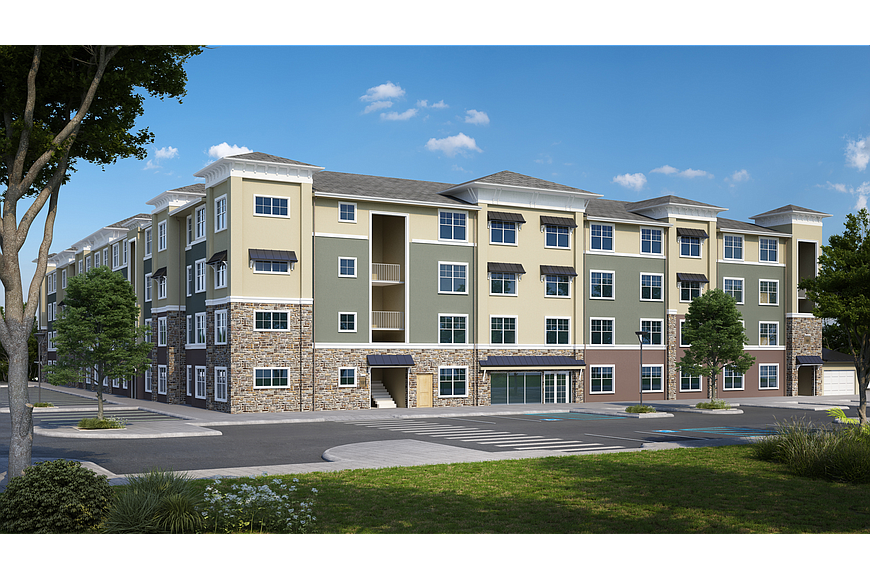- April 20, 2024
-
-
Loading

Loading

On Monday, the City Commission affirmed the previous approval of a planned 80-unit apartment complex at 2901 Fruitville Road, denying a neighboring property owner’s appeal challenging the project.
At least 50% of the units in the project, called Arbor Village, will house formerly homeless individuals with a disabling condition, according to the application submitted to the city. Although the city’s planning board unanimously approved the plans in February, property owner George Perrault submitted an appeal later that month.
At Monday’s meeting, the city discussed whether to hold another public hearing to consider the appeal. The board was ultimately split on the question, voting 3-2 against allowing the appeal to proceed — two votes shy of the supermajority necessary.
Before the vote, residents living in the area around the proposed housing site asked the commission to give them another forum to express their thoughts on the project. Some residents said they weren’t aware of the development prior to the planning board appeal. Speakers pointed out that the Spanish-speaking community in the area only got notices in English. Others complained that they didn’t know a portion of the rental units would be leased to homeless individuals with disabling conditions.
Attorney Dan Lobeck, representing Perrault in the appeals process, disputed staff’s claim that the project met the standards for development in the zoning district in question. Beyond that, though, he also said the development team should be required to provide more amenities in an effort to keep the residents in the apartment complex on-site.
“We can’t close our eyes to the fact the city has a history of problematic conduct by this population,” Lobeck said. “The neighborhood will be their amenities — including my client’s office park.”
The development team is comprised of Blue Sky Communities, a Tampa-based affordable housing builder, and CASL, a Sarasota-based housing and assisted living nonprofit. Representatives for the developers took issue with Lobeck’s characterization of the housing complex as a potential “flop house” and the suggestion the tenants posed a danger to the surrounding community.
“We’re going to urge you not to let the office building owner to lead you astray by using code words and playing to fears about people with disabilities,” said James Green, a West Palm Beach attorney working with the developer.
Shawn Wilson, the CEO of Blue Sky Communities, promised the residents in attendance that his company would be committed to the long-term stability of the housing project.
“This is not a fly by night operation,” Wilson said. “This is a serious real estate development that’s going to be an asset for the community.”
After a lengthy discussion, Mayor Shelli Freeland Eddie and Commissioner Willie Shaw voted in favor of holding another public hearing to consider the project. Eddie said she felt there were enough lingering questions to warrant further discussion.
“There’s so much confusion about the scope of the actual project that still hasn’t been answered, at least to my satisfaction,” Eddie said.
The rest of the commission, however, voted not to revisit the Planning Board decision. Vice Mayor Liz Alpert and Commissioner Hagen Brody both said they see the project as a necessary step toward better serving the city’s homeless population, and felt the appeal sought to disrupt the project specifically because it will house homeless individuals with disabling conditions.
“I keep coming back to the problem that I have — that what is concerning people is the type of people who are going to be occupying the premises,” Brody said.